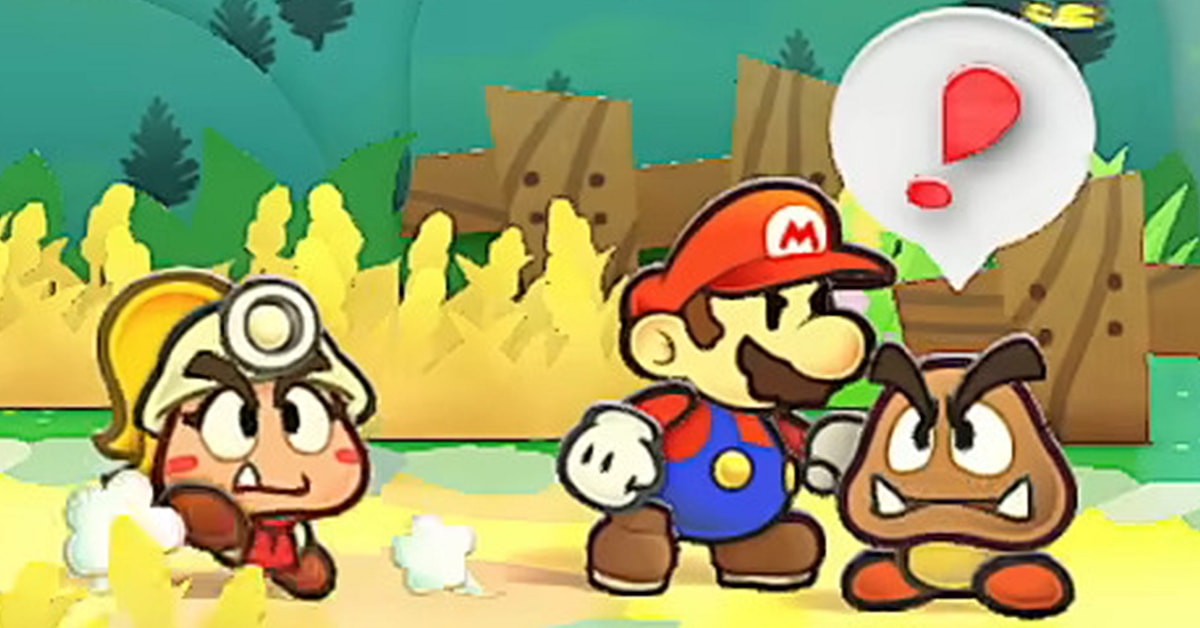Nintendo President Shuntaro Furukawa Reveals Company’s Stance on AI

It seems that, unlike such industry rivals as Xbox and Ubisoft Nintendo has no plans to ride the generative AI train.

Though these competitors are hoping to integrate elements of this fast-evolving technology, Nintendo’s President Shuntaro Furukawa, during a Q&A with investors, made clear that in its current state, AI isn’t in a place to go past its traditional roles.
First, he touched upon AI’s long history within the gaming industry: “In the game industry, AI-like technology has long been used to control enemy character movements, so game development and AI technology have always been closely related.”
As President Shuntaro pointed out, AI in gaming has been around for decades. According to Wikipedia, this relationship goes back to the 1950s with the creation of the game Nim, which was published in 1952 and is hailed as one of the first use cases of AI in the infant video game ecosystem.

Moving on, President Shuntaro said due to recent advancements in generative AI, it has become a hot topic, though one with drawbacks: “Generative AI, which has been a hot topic in recent years, can be more creative, but we also recognize that it has issues with intellectual property rights.”
Finally, his last remark seems to put a nail in the coffin that Nintendo will use generative AI: “We have decades of know-how in creating optimal gaming experiences for our customers, and while we remain flexible in responding to technological developments, we hope to continue to deliver value that is unique to us and cannot be achieved through technology alone.”

For those who work in the industry, these comments might seem like a highlight in a space that has experienced significant layoffs in the last two years. Matthew Ball, an angel investor and advisor made this point on X back in June.
In another follow-up, he pointed to a reduction in consumer spending as a likely reason:
So President Furukawa’s remarks seem to show that Nintendo wants to be committed to maintaining its creative integrity and respecting IP laws; even in a market that isn’t quite friendly to gaming studios.
